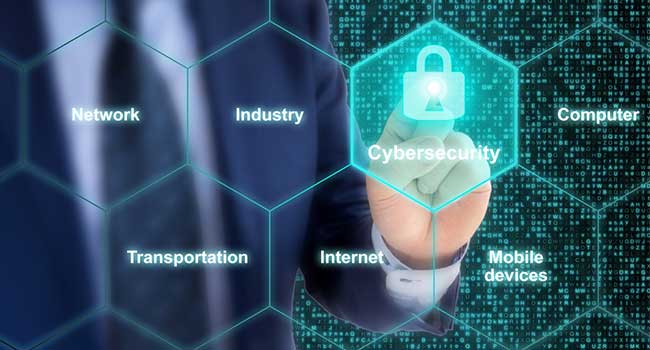
How Can Organizations Ensure Data Security
- By Leah Collins
- Oct 05, 2020
The cybersecurity scene is advancing at a fast-paced rate and concurrently, advances in technologies are progressively becoming better at aiding cybercriminals and hackers to take advantage of data security loopholes. The continuously growing scale of breaches and cyber-security attacks should be a major concern for all organizations. An example of such attacks is the WannaCry, a massive malware attack that affected over 150 countries, including the UK, Germany, India, and Japan. Considering all the sensitive data that organizations store online, including financial documents and customers’ private details, it’s evident that one breach could have a huge negative impact on their businesses. Here are a few measures organizations can take to ensure data security.
1. Protect the IT Infrastructure
Organizations need a secure and established IT framework to build a solid foundation for a healthy data security plan. Regardless of the devices that they are using, be them PC, laptops, raspberry pi 4, they should keep an eye on every component, including devices and systems. They should ensure all the computers and smart devices are adequately protected against advanced cyber-attacks and malicious hacks.
The IT team must ensure all systems are updated with the most recent operating systems and reliable anti-virus solutions. They must also put a configured firewall in place to ward off external attacks and unauthorized access on the network. A VPN can be a great data protection tool, especially when browsing the Internet. By encrypting data, this VPN establishes an additional layer of security that keeps your browsing activity, financial information, and emails invisible to hackers.
2. Perform Comprehensive and Regular Audits
Data security measures can never be complete without thorough and regular audits. A regular audit is a practical approach that enables businesses to identify vulnerabilities in the existing security plan. Auditing data collected in post-attack offers an organization a perfect understanding of the blunders that can result in similar breaches in the future.
This information can be instrumental in the creation of a more powerful data security strategy coupled with more reliable data security policies. So, businesses must perform comprehensive and regular audits to enhance compliance and get rid of potential risks.
3. Limit Data Access
Most companies give a few employees privileged access to their most valuable data. Consider who in the company has access to important customer information. Do you know everyone’s access rights? Knowing the details of every staff that has privilege access to data and reasons for accessing it can help you prevent data hacking, theft, and loss.
Organizations must limit data access. They should determine the kind of data that a staff member needs to access to carry out their work obligations effectively and make sure they have access to just what they require. In addition to safeguarding sensitive information from theft or loss, limiting access could ensure more efficient data management.
4. Remove Stale Information and Put Secure Backups in Place
Many companies in the healthcare, education, and finance sector handle sensitive data as an important part of their businesses. Having the right data disposal strategies in place can prevent redundant data from being stashed away and lifted at a later date.
Regular data backup is a fundamental part of a complete IT security strategy. Organizations should have robust backups in place to ensure they still have access to their sensitive information even after accidental file removal or a full ransomware lockdown. They should store their backup data in a safe, remote location far from their main places of business.
5. Change Your Mindset
Many organizations don’t give data security the seriousness it deserves. They have poor passwords, unencrypted sensitive files, and misconfigured AWS servers. Due to this sloppy attitude, it’s estimated that more than 4 billion data records with valuable information were breached within the first six months of last year.
Companies must change their attitude. They must view data security as their top priority. Everyone in the company must understand the value of data security, not just the top executives. They should embrace security best practices such as authenticating digital identities of all employees and customers as well as using up to date VPNs like the NordVPN.
The Parting Note
With cyber-security threats increasing rapidly in today’s world, it has become important to be armed with the right security tools and privacy improvements that are required to protect the organization’s most valuable asset, that is, the data. Data security should be given utmost priority and all staff members trained accordingly.